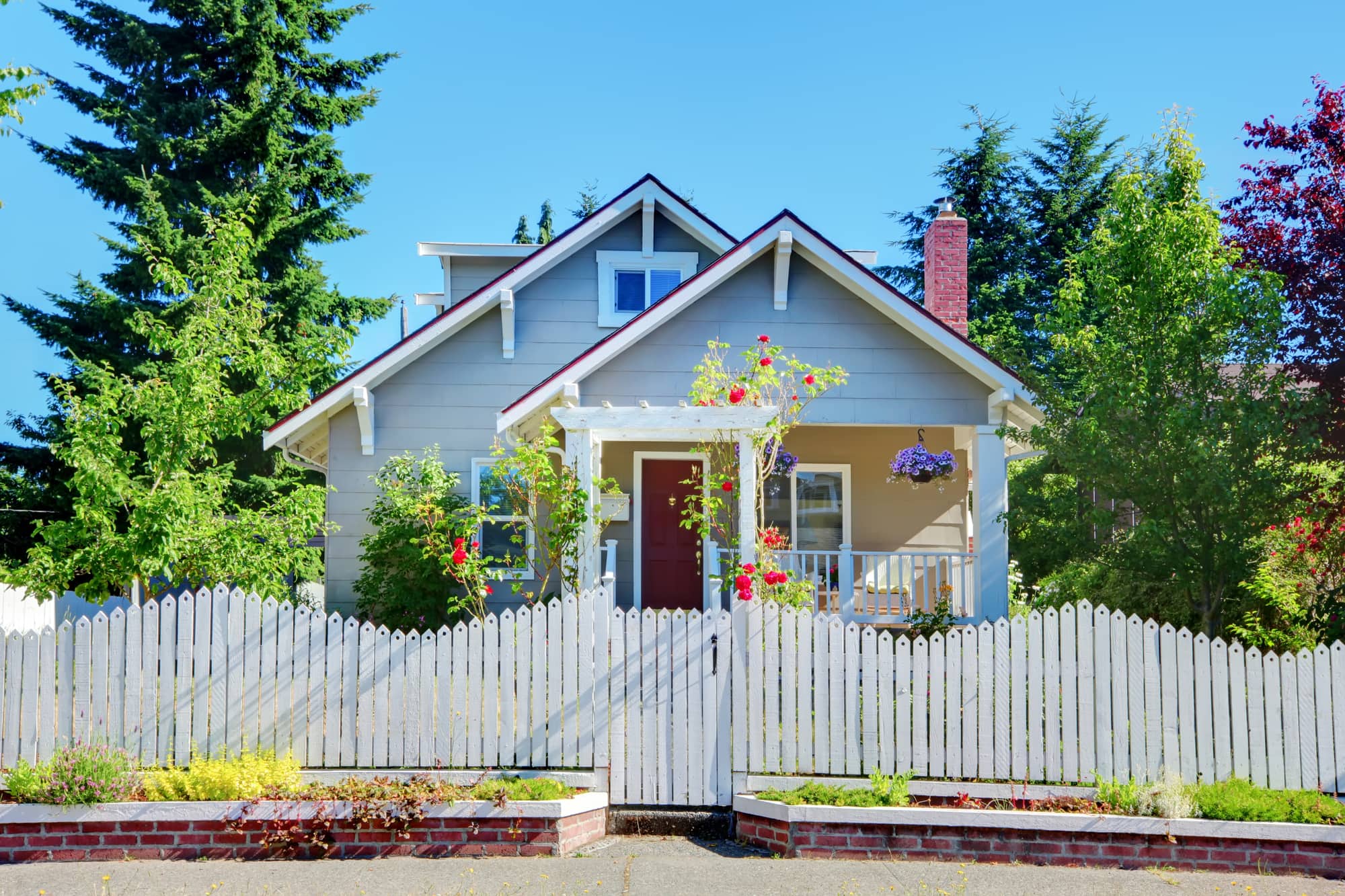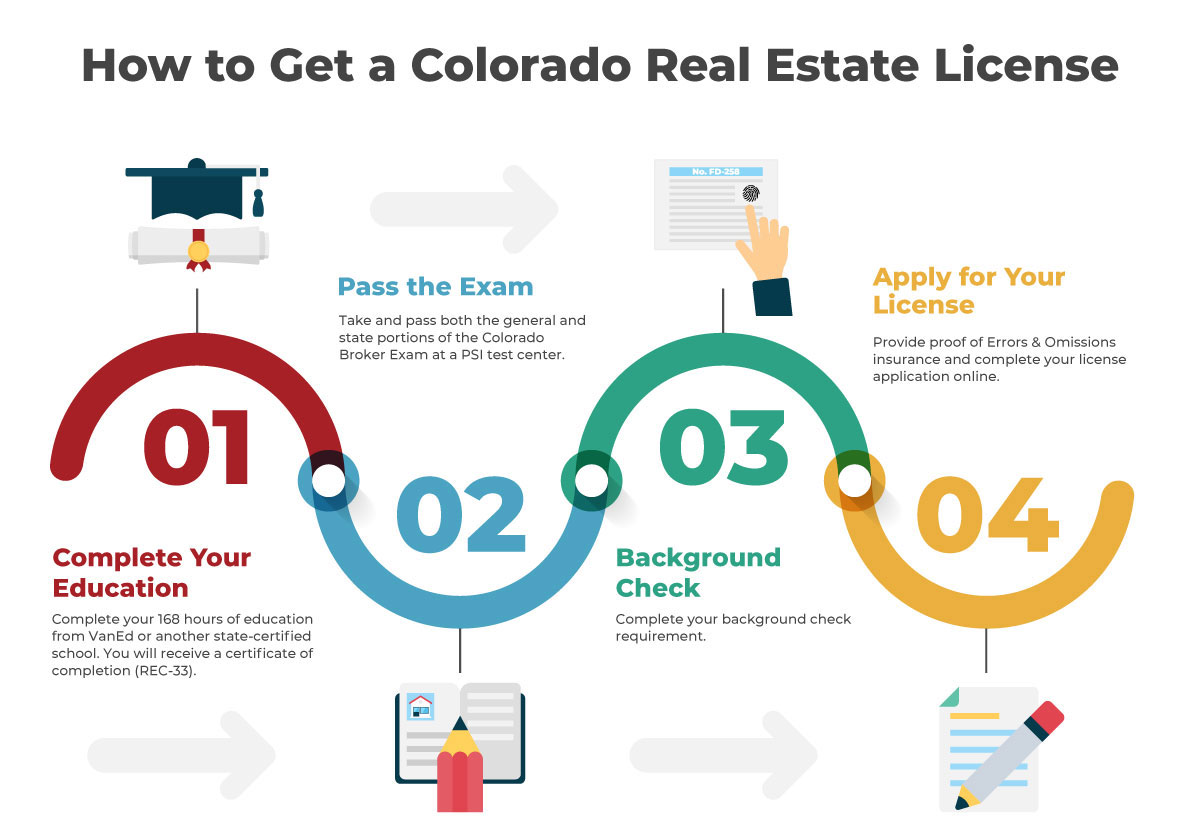
A contingent offer is an agreement between a buyer and seller that stipulates that certain conditions must be met before the sale can proceed. This could include a mortgage, appraisal, and home inspection. To help buyers design and execute an offer that includes all the necessary contingencies, they can consult a lawyer or realty agent.
House Sale Contingency
A home inspection clause is the most commonly used house sale contingency. This is a common type of house sale contingency that buyers use to protect themselves against buying a property that has been damaged during a home inspection. Buyers have the right to terminate the contract if they discover issues that cannot be fixed.
Another common type of house sale contingency is an appraisal contingency. Buyers who have a mortgage can use this contingency to protect their earnest money in the event that the appraisal is lower than the house's price.

Buyers who want to avoid a fraudulent sale of purchase can also use this type of contingency. This is accomplished by adding a clause stating that the seller must remove all liens from the property before the sale can close.
Home Sale Contingency
This is a potentially risky selling condition because the seller must be open to accepting an offer on a property. The buyer may accept or reject the offer depending on how long it takes them to sell their existing home. Many sellers won't take this offer as it presents a risk to the seller.
Sellers who accept a contingent deal will still have to make improvements and cosmetic changes to their house, then list it, show it to buyers and evaluate offers. If the buyer doesn't get approved for mortgage financing and their offer falls through the seller will have no choice but accept another offer while the first buyers wait for the house close.
A contingent listing, which allows sellers to attract large numbers of potential buyers during a house sale market, can be a great way to sell their home while it is being listed. This is especially useful for homes that have been on the market for a longer time or are in a downturn.

In a seller's marketplace, there are more homes available for sale than buyers qualified. Contingent sales tend to be less common. These markets are more likely to see the original buyer leave their deal before it can close.
Buyers can use a contingent sale to secure their earnest money deposit and find their dream home. But, the contingency will only be as strong or as secure as the buyer's offer. You should carefully consider the possibility that you might lose your earnest cash deposit before you submit an offer for any property.
FAQ
How do I get rid termites & other pests from my home?
Termites and other pests will eat away at your home over time. They can cause severe damage to wooden structures, such as decks and furniture. It is important to have your home inspected by a professional pest control firm to prevent this.
What is a Reverse Mortgage?
A reverse mortgage lets you borrow money directly from your home. It works by allowing you to draw down funds from your home equity while still living there. There are two types to choose from: government-insured or conventional. You must repay the amount borrowed and pay an origination fee for a conventional reverse loan. FHA insurance will cover the repayment.
Should I use a broker to help me with my mortgage?
Consider a mortgage broker if you want to get a better rate. Brokers are able to work with multiple lenders and help you negotiate the best rate. Some brokers do take a commission from lenders. You should check out all the fees associated with a particular broker before signing up.
How do I know if my house is worth selling?
If your asking price is too low, it may be because you aren't pricing your home correctly. A home that is priced well below its market value may not attract enough buyers. Our free Home Value Report will provide you with information about current market conditions.
Can I get a second loan?
Yes. But it's wise to talk to a professional before making a decision about whether or not you want one. A second mortgage is usually used to consolidate existing debts and to finance home improvements.
Statistics
- Over the past year, mortgage rates have hovered between 3.9 and 4.5 percent—a less significant increase. (fortunebuilders.com)
- Based on your credit scores and other financial details, your lender offers you a 3.5% interest rate on loan. (investopedia.com)
- 10 years ago, homeownership was nearly 70%. (fortunebuilders.com)
- Private mortgage insurance may be required for conventional loans when the borrower puts less than 20% down.4 FHA loans are mortgage loans issued by private lenders and backed by the federal government. (investopedia.com)
- When it came to buying a home in 2015, experts predicted that mortgage rates would surpass five percent, yet interest rates remained below four percent. (fortunebuilders.com)
External Links
How To
How to buy a mobile house
Mobile homes are homes built on wheels that can be towed behind vehicles. They have been popular since World War II, when they were used by soldiers who had lost their homes during the war. Today, mobile homes are also used by people who want to live out of town. These houses are available in many sizes. Some houses are small, others can accommodate multiple families. Even some are small enough to be used for pets!
There are two main types of mobile homes. The first type is produced in factories and assembled by workers piece by piece. This process takes place before delivery to the customer. Another option is to build your own mobile home yourself. First, you'll need to determine the size you would like and whether it should have electricity, plumbing or a stove. You'll also need to make sure that you have enough materials to construct your house. Finally, you'll need to get permits to build your new home.
These are the three main things you need to consider when buying a mobile-home. Because you won't always be able to access a garage, you might consider choosing a model with more space. Second, if you're planning to move into your house immediately, you might want to consider a model with a larger living area. The trailer's condition is another important consideration. If any part of the frame is damaged, it could cause problems later.
You need to determine your financial capabilities before purchasing a mobile residence. It is crucial to compare prices between various models and manufacturers. Also, take a look at the condition and age of the trailers. Although many dealerships offer financing options, interest rates will vary depending on the lender.
Instead of purchasing a mobile home, you can rent one. Renting allows the freedom to test drive one model before you commit. Renting is not cheap. Most renters pay around $300 per month.